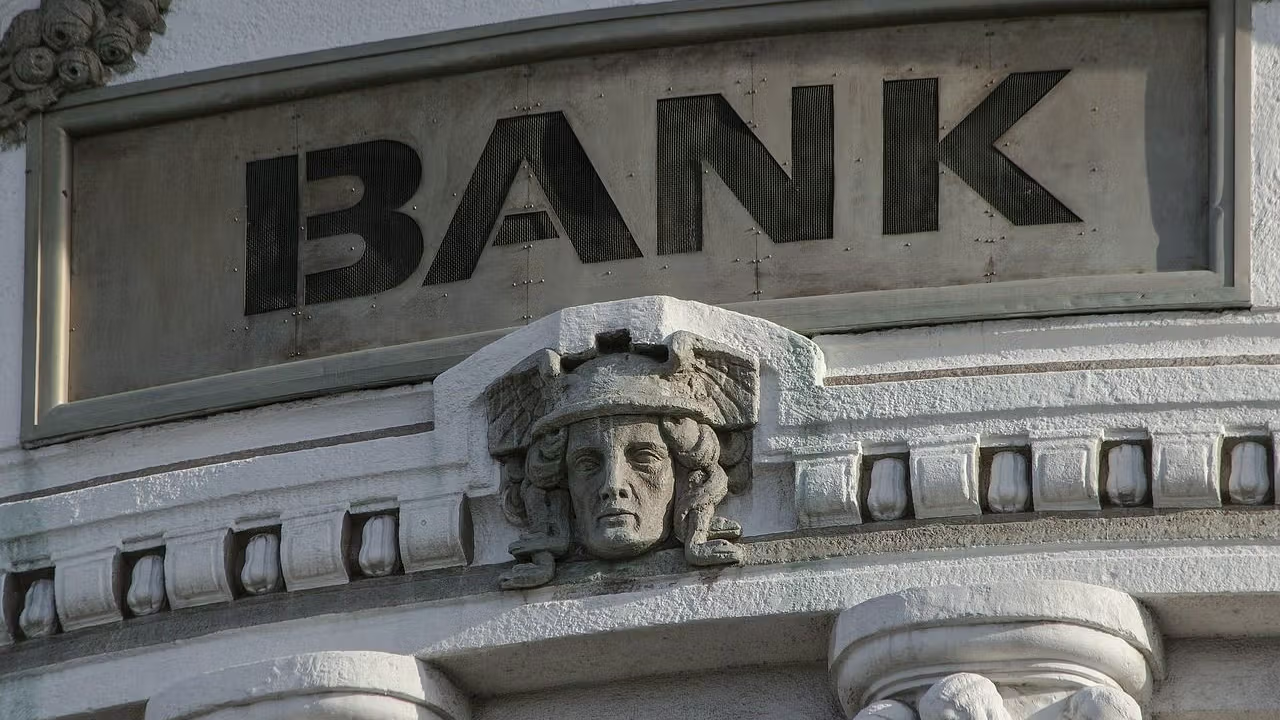Fintech and Crypto Firms Pursue Bank Charters Amid Regulatory Shift | 2025

Fintech and Crypto Firms Pursue Bank Charters Amid Regulatory Shift
In a significant move reflecting the evolving landscape of the financial sector, financial technology (fintech) and cryptocurrency firms are increasingly applying for state or national bank charters. This trend is largely driven by the more crypto-friendly regulatory environment fostered by the Trump administration. Industry executives have reported a notable uptick in charter discussions and applications, indicating a shift in how these firms view their future in the banking sector.
Increased Interest in Bank Charters
According to Alexandra Steinberg Barrage, a partner at the law firm Troutman Pepper Locke, there has been a marked increase in interest from fintech and crypto companies regarding bank charters. “We have seen a lot more interest. We are working on several applications now,” she stated in an interview with Reuters. This surge in applications highlights a growing recognition among these firms of the potential benefits that come with obtaining a bank charter.
Balancing Optimism and Caution
Despite the increased interest, many firms are approaching the situation with caution. The changing leadership within regulatory agencies has created an atmosphere of uncertainty. While becoming a bank can provide advantages such as reduced borrowing costs and enhanced legitimacy, it also brings with it stricter regulatory oversight. This duality has led many firms to adopt a “cautiously optimistic” stance as they navigate the complexities of the banking landscape.
The Benefits of Bank Charters
Obtaining a bank charter allows fintech and crypto firms to lower their cost of capital by accepting deposits. This capability is particularly appealing as it can significantly enhance their operational efficiency and market competitiveness. However, the path to accessing these charters is fraught with challenges, especially within the crypto community, where many firms have historically resisted the idea of becoming banks. This resistance stems from a desire to adhere to the industry’s ethos of decentralization and to improve access to financial services for unbanked or underbanked individuals.
Examples of Successful Charters
Several cryptocurrency firms have successfully transitioned into federally regulated crypto ‘banks’ after securing a federal trust charter through the U.S. Office of the Comptroller of the Currency (OCC). Notable examples include Kraken and Coinbase, which have both established themselves as state-regulated crypto banks by obtaining Special Purpose Depository Institution charters in Wyoming. These developments signify a growing acceptance of the banking model within the crypto sector, albeit with a cautious approach.
Historical Context of Bank Charters
Historically, the approval of new bank charters has been a rare occurrence. Between 2010 and 2023, regulators approved an average of only five new bank charters annually. This is a stark contrast to the period from 2000 to 2007, when an average of 144 charters were approved each year, according to data from S&P Global. The decline in applications during the past decade can be attributed to various factors, including low interest rates, profitability concerns, and significant regulatory hurdles.
Regulatory Support for Streamlining Processes
In light of the current interest in bank charters, officials from the Federal Deposit Insurance Corporation (FDIC) and the Federal Reserve have signaled their support for streamlining the application process. This could potentially lead to a more favorable environment for fintech and crypto firms seeking to establish themselves as banks. However, the costs associated with setting up a new bank remain a significant barrier, with estimates ranging from $20 million to $50 million.
Challenges Ahead for Fintech and Crypto Firms
As fintech and crypto firms pursue bank charters, they must navigate a landscape filled with challenges. The costs associated with establishing a bank, coupled with the regulatory scrutiny that comes with it, can be daunting. Additionally, firms must also contend with the evolving nature of the regulatory environment, which can change rapidly based on political and economic factors.
Expert Opinions on the Future
Experts in the field suggest that while the pursuit of bank charters presents opportunities, it also requires a strategic approach. Firms must weigh the benefits of becoming a bank against the potential drawbacks of increased regulatory oversight. As the industry continues to evolve, the decisions made by these firms will play a crucial role in shaping the future of fintech and cryptocurrency.
Conclusion: A New Era for Fintech and Crypto
The movement of fintech and crypto firms towards seeking bank charters under the Trump administration marks a pivotal moment in the financial landscape. As these firms navigate the complexities of regulatory changes and industry challenges, their ability to adapt will determine their success in this new era. The increased interest in bank charters reflects a broader trend towards legitimizing the crypto industry and integrating it more closely with traditional financial systems.
As the landscape continues to evolve, it will be essential for industry stakeholders to remain informed and engaged. The future of fintech and cryptocurrency may very well depend on how these firms respond to the opportunities and challenges presented by the pursuit of bank charters.









